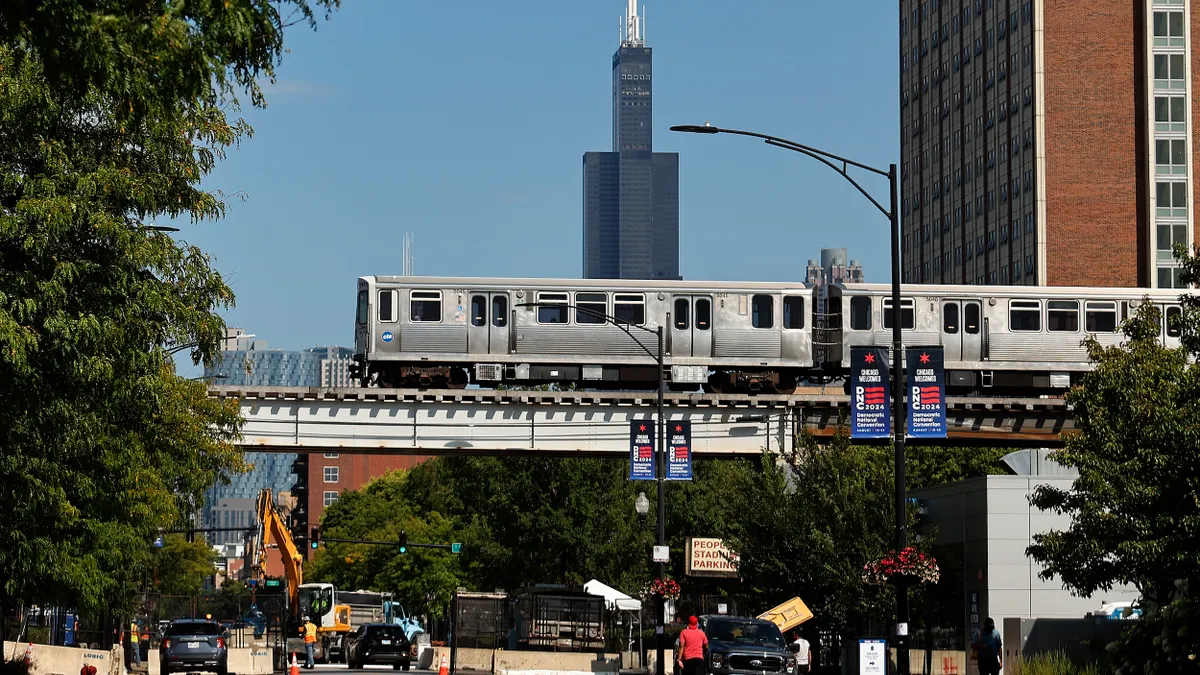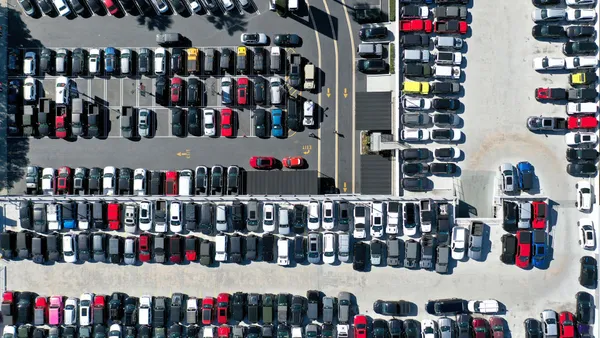Dive Brief:
- An Illinois jury found in favor of a former Chicago Transit Authority electrician who said he was denied a religious exemption from getting the COVID-19 vaccine, according to an Aug. 29 court document.
- According to the March 2023 complaint in McCormick v. Chicago Transit Authority, the worker, a practicing Catholic, submitted a request for exemption explaining that due to his beliefs, he could not receive vaccines that “were derived from, produced, manufactured by, tested on, developed with, or otherwise connected to aborted fetal cell lines.” The CTA denied his exemption and replaced the worker with a non-Catholic who received the vaccine, the complaint said.
- After an August trial, the jury awarded the worker $425,000 in compensatory damages, according to local news sources.
Dive Insight:
Title VII of the Civil Rights Act of 1964 requires employers to reasonably accommodate a worker’s religious beliefs, unless doing so would cause an undue hardship.
The U.S. Supreme Court’s Groff v. DeJoy decision — issued just three months after the McCormick complaint was filed — raised the standard for employers to prove undue hardship, from situations that pose “more than a de minimus cost” to times “when a burden is substantial in the overall context of an employer’s business.”
The complaint noted that as an electrician, the worker had “minimal interaction with the public” and argued that granting the accommodation would not have posed an undue hardship.
McCormick is similar to another case, Domski v. Blue Cross Blue Shield of Michigan, in which a Catholic former IT employee of Blue Cross Blue Shield of Michigan was denied a religious exemption from receiving the COVID-19 vaccine and then fired. The worker in that case, which also went to a jury late last year, similarly pointed to the use of aborted fetal cells as a factor in her request. She won her case as well, with the jury awarding her $12.7 million.
In April, the worker and BCBS filed a stipulation indicating they had privately resolved the case and asked that the jury verdict be vacated, which the judge granted.
Religious vaccine exemption cases have proven difficult for employers to fight; in addition to jury awards like the ones in McCormick and Domski, the U.S. Equal Employment Opportunity Commission has secured a number of settlements in religious discrimination cases involving vaccine exemptions, and last year, the 7th U.S. Circuit Court of Appeals clarified that religious accommodation requests for exemption can include secular reasons as well.












